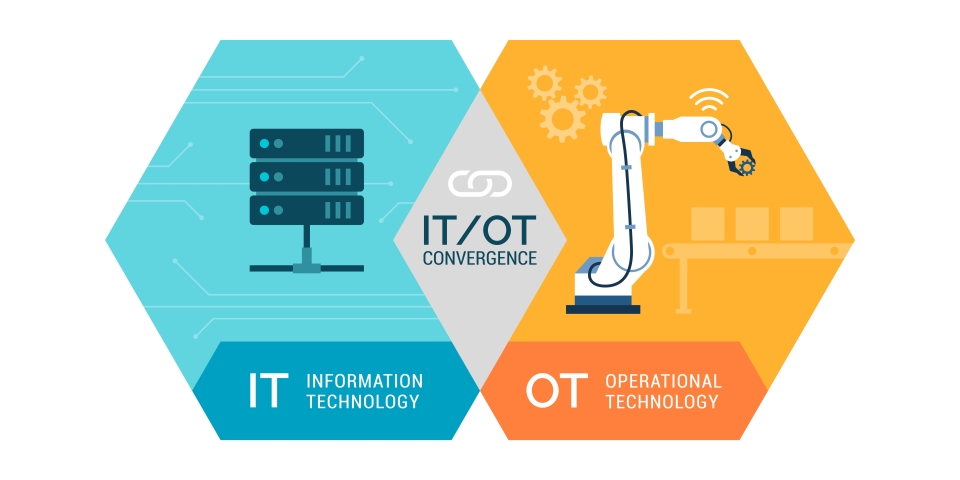Maturing trends challenged by global stressors
2022/12/27 | By CENS
The hand tools and hardware industries, like many other areas, are pressured to remain competitive as large-scale trends like digitalization and increasing awareness of carbon impact among customers have grown over the years. Other trends that signal, along with many others, are here to stay, and will shape the market in the future as these trends have matured over the years.
Added-Valued Markets and Features on the Rise
In the search for better profits and pastures, companies sought out demand in lucrative markets like automotive, aerospace, and medical-related industries that provide higher added value to the products, as these fields require greater accuracy and precision.
For companies like Eclatorq, Taiwan’s top digital tool maker, choosing to invest in developing digital tools has positioned the company better, as it has directed resources into the aforementioned industries. In Q3 of 2022, the company reported record profits for a single quarter. While the traditional busy season in Q4 was reported to be less certain and growing slower, Eclatorq told local media that visibility remains to be around 2.5 to 3 months, signaling that customer order insights had not shown any abnormalities.
However, with the economic situation looking less positive for 2023, positioning in a market will become more important than ever. For Eclatorq, as markets reopen, having acquired new clients in the U.S. and Europe, and targeting high-end, higher-valued products, has allowed the company to maintain competitiveness in the near future.
On the other hand, in terms of product designs, due to an aging workforce and the need to attract the younger generation of workers into the industry, companies are more aware of designing products for longer use and improving ergonomic features to reduce strain on the user.
Digital Transformation and Carbon Impact
Taiwan’s hand tools have built up decades of experience and a global reputation as suppliers offering customizable options at quality, and affordable prices. As a traditional industry, challenges like digitalizing business and production operations have become primary concerns for hardware and hand tool suppliers.
We spoke to a leading socket wrench maker in Taiwan, Hans Tools, to share more of their insights and experiences on their own implementation of digital transformation solutions and to attempt to mitigate their carbon footprint on the environment.
CEO Chang Cheng-tsung said with the efforts of the previous generation of hand tool suppliers owner in building up the industry reputation in overseas markets, the primary concern for the current generation of business owners is ensuring the longevity and strengthening these business connections even further.
In terms of digital transformation, Chang affirmed that there was no other choice but to embrace it, but also pointed out that digitalization is just a tool, and that companies must prioritize the transformation part of the equation.
The primary value of digital transformation is in changing existing operations and processes for more opportunities, and not just for reducing costs and required workforce, as integrating software and hardware should ultimately create more value. For instance, Chang pointed out that companies must prioritize risk management in the initial stages of implementing digital transformation for smooth, reliable operations.
On the other hand, one of the added benefits of digital transformation is how it has attracted talented employees, Chang observed. For example, when an employee can quickly adapt to new digital tools, that becomes an evaluation point towards the employee’s logical skills and benchmarks for future advancements.
Chang urged companies to carry out internal assessments to understand which areas to tackle to achieve carbon zero first. Hans Tools’ assessments are still undergoing the initial stage, Chang said, covering topics such as carrying out energy-saving solutions like motion-detection sensor lights, setting AC temperatures at 27°C and using R32 refrigerants, and procuring electronics that are power-saving certified in Taiwan.
Chang brought up an interesting point: decreasing visits from global clients to the company’s factories, citing carbon emissions from airplane travel. This touches on the concept and implementation of digital twins in smart manufacturing.
Global Pressures Remain
Despite the growing awareness and urgency to implement the aforementioned trends, especially achieving carbon zero, global pressures remain at the forefront of business owners’ minds. In terms of economic pressures, prices for metal materials have behaved erratically, and along with the energy crisis in Europe, potential and unexpected costs for suppliers would need to be considered.


